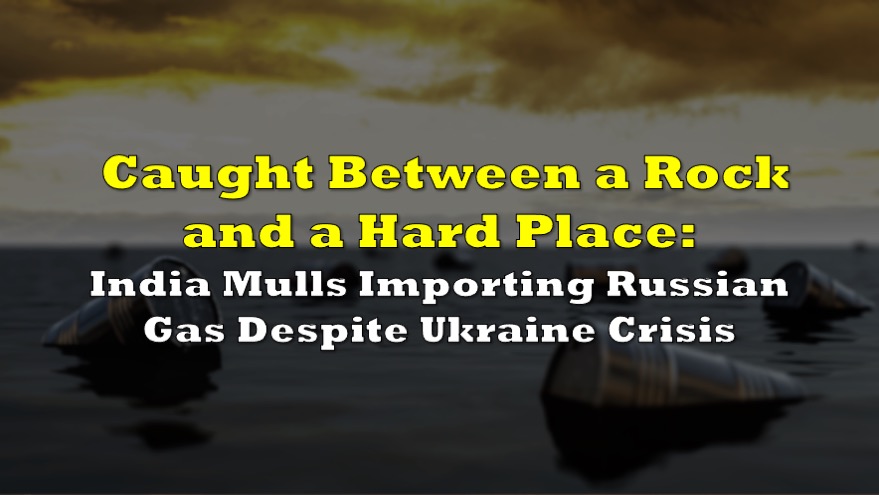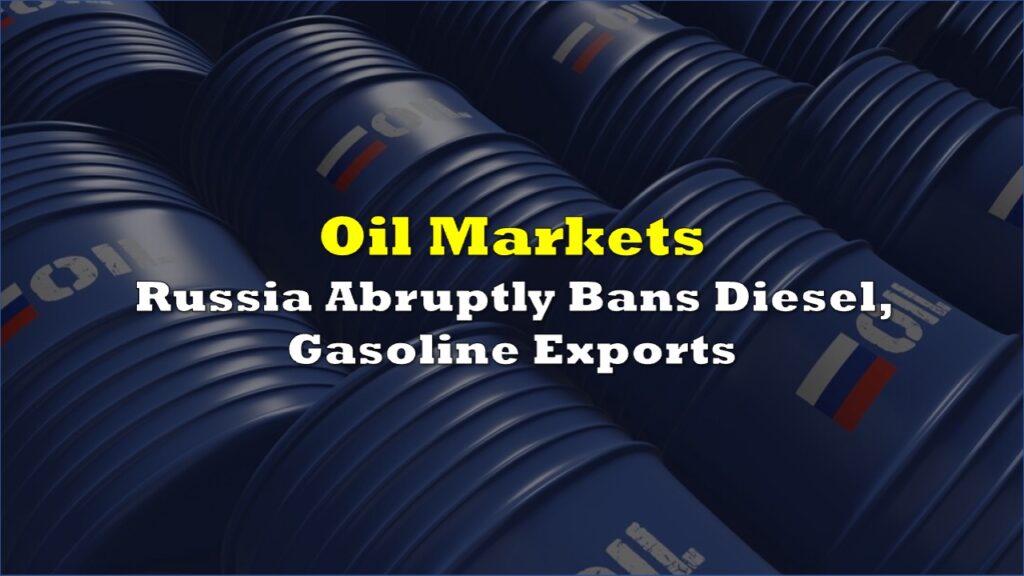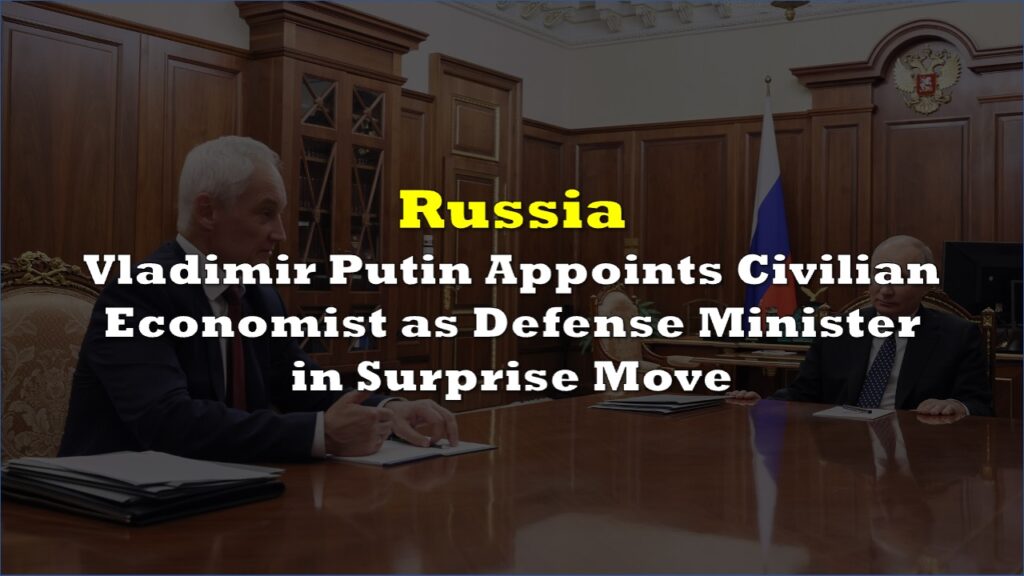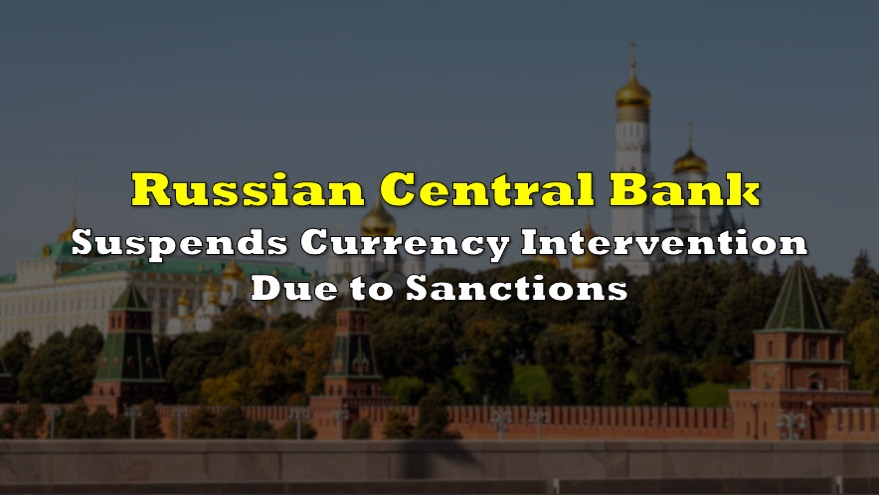As European leaders worry about keeping their people warm and making sure the lights don’t turn off this coming winter, African leaders are sounding the alarm about an impending food shortage and growing civil unrest.
These two crises are linked together by a single catalyst: Russia’s war in Ukraine.
The Nord Stream 1 shutdown, with Russian gas giant Gazprom blaming maintenance issues related to the limitations imposed by Western sanctions, will continue to worsen the energy crisis and raise prices in Europe. It will also further squash an already struggling fertilizer sector, and as a result, shorten the road towards a global food crisis. At least, that is, according to the United Nations.
Fertilizer production is an energy-intensive process, and natural gas takes up 70% of the cost of the process. Even before the pipeline’s closure, surging natural gas prices have already caused 70% of the production capacity of the region’s fertilizer industry to shut down.
A further decrease in fertilizer production means higher costs, higher costs mean fewer import-dependent nations will be able to afford it, and lowered access to fertilizer dramatically impacts food production, especially in developing countries, further decreasing food security, and this usually equates to civil unrest.
In August, officials at the United Nations renewed warnings about the mounting fertilizer crisis as prices had soared by 300% since Russia’s war in Ukraine started in late February, making it much more difficult for vulnerable areas like Africa to access.
On top of the decline in production in Europe, China began limiting fertilizer exports last year, and Russia, which produces about 13% of the world’s fertilizer, also restricted exports in March. This is only compounded by the fact that the war has greatly diminished exports of grain from Russia and Ukraine.
Akinwumi A. Adesina, president of the AfDB, recently said that the continent “now faces a shortage of at least 30 million metric tons of food—especially wheat, maize, and soybean imported from Russia and Ukraine.”
The impending famine will affect 30 million Africans. “It could deepen economic stress and political unrest,” he said. “With millions struggling to buy food, fuel, and fertilizer, anti-government protests are a real possibility.”
According to the World Bank’s April 2022 Commodity Markets Outlook, Russia’s war in Ukraine has “altered global patterns of trade, production, and consumption of commodities in ways that will keep prices at historically high levels through the end of 2024 exacerbating food insecurity and inflation.”
Information for this briefing was found via the sources and companies mentioned. The author has no securities or affiliations related to this organization. Not a recommendation to buy or sell. Always do additional research and consult a professional before purchasing a security. The author holds no licenses.









